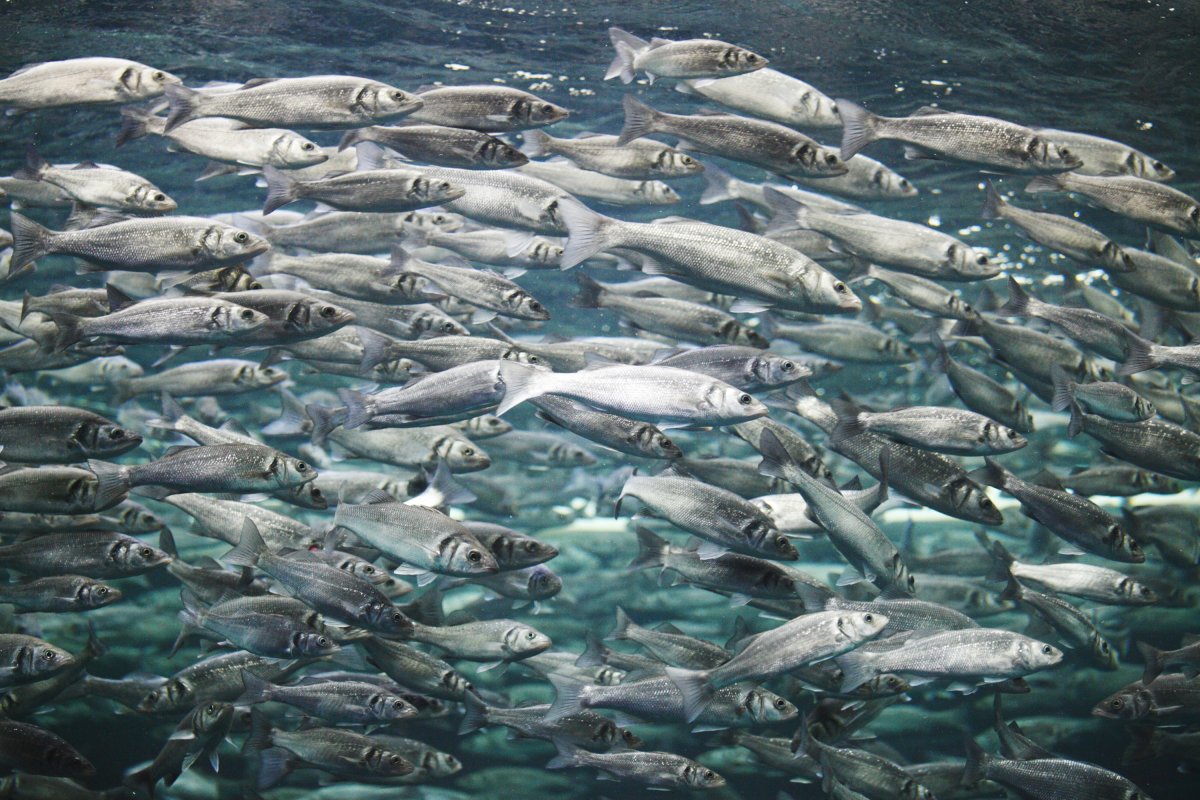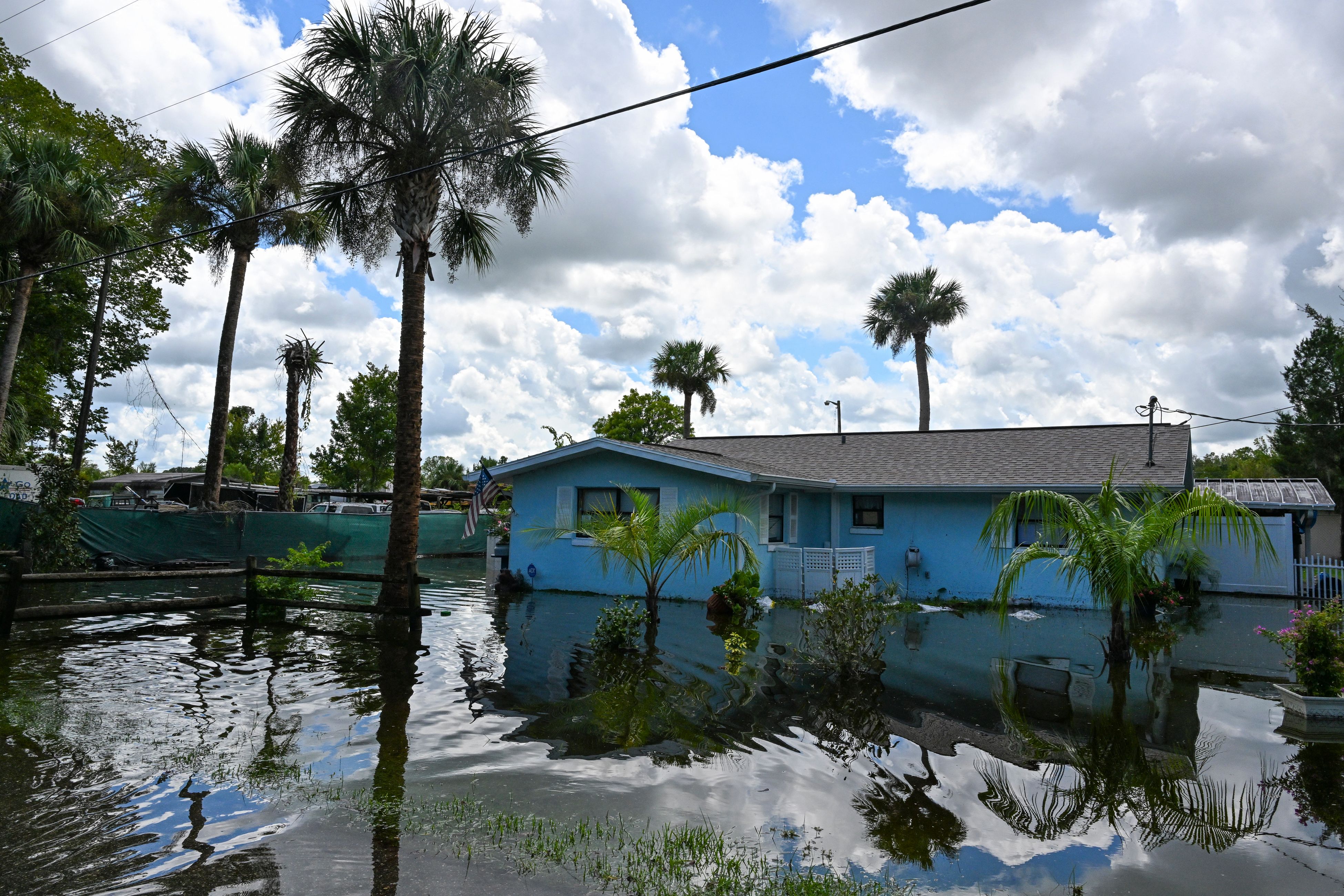Experts have found that salmon may not be as nutritionally-rich as previously expected, and revealed the fish we should eat to ensure optimum health.
A study published in Nature Food by researchers at the University of Cambridge, Lancaster University, University of Stirling, and the University of Aberdeen has found that farmed salmon production causes a loss of six out of nine nutrients—calcium, iodine, iron, omega-3, vitamin B12, and vitamin A.
And it's actually the wild fish that's fed to the salmon that we should be choosing – such as mackerel, anchovies, and herring. These fish contain nutrients highly beneficial to human health, including calcium, omega-3, and B12.
"What we're seeing is that most species of wild fish used as feed have a similar or greater density and range of micronutrients than farmed salmon fillets," the lead author of the study, David Willer of the Zoology Department at the University of Cambridge, said in a summary of the findings.
"Whilst still enjoying eating salmon and supporting sustainable growth in the sector, people should consider eating a greater and wider variety of wild fish species like sardines, mackerel and anchovies, to get more essential nutrients straight to their plate."
Calcium amounts were five times higher in wild feed fish fillets than in salmon, the study found. They also discovered that iodine was four times higher, while iron, omega-3, vitamin B12, and vitamin A were over 1.5 times the amount found in the salmon fillet alone. They did, however, find increased levels of selenium and zinc in the salmon.
The nutrients included in these wild-feed fish help prevent conditions such as cardiovascular disease and stroke.
"We're effectively wasting around 80 percent of the calcium and iodine from the feed fish – especially when we consider that women and teenage girls are often not getting enough of these nutrients," Richard Newton of the Institute of Aquaculture, University of Stirling, whose team also included Professor Dave Little, Wesley Malcorps and Björn Kok, said in the summary of the findings.
"Farmed salmon is an excellent source of nutrition, and is one of the best converters of feed of any farmed animal, but for the industry to grow it needs to become better at retaining key nutrients that it is fed. This can be done through more strategic use of feed ingredients, including from fishery by-products and sustainably-sourced, industrial-grade fish such as sand eels."

This study also found that wild-feed fish provided these nutrients at smaller portions than farmed salmon. Researchers found that consuming one-third of wild-feed fish could maximize the amount of nutrients we consume from the area.
"Making a few small changes to our diet around the type of fish that we eat can go a long way to changing some of these deficiencies and increasing the health of both our population and planet," Willer added.
Senior author James Robinson of Lancaster University also said that while marine fisheries are important to local and global food systems, large catches are being diverted toward farm feeds.
"Prioritizing nutritious seafood for people can help improve both diets and ocean sustainability," Robinson said.
The recommendations of this study could help address "global nutrient deficiencies," the scientists said.
Do you have a tip on a science story that Newsweek should be covering? Do you have a question about wildfires? Let us know via science@newsweek.com.
Update 03/20/24, 10:18 a.m. ET: This headline on this story was updated.
Uncommon Knowledge
Newsweek is committed to challenging conventional wisdom and finding connections in the search for common ground.
Newsweek is committed to challenging conventional wisdom and finding connections in the search for common ground.
About the writer
Robyn White is a Newsweek Nature Reporter based in London, UK. Her focus is reporting on wildlife, science and the ... Read more
To read how Newsweek uses AI as a newsroom tool, Click here.








